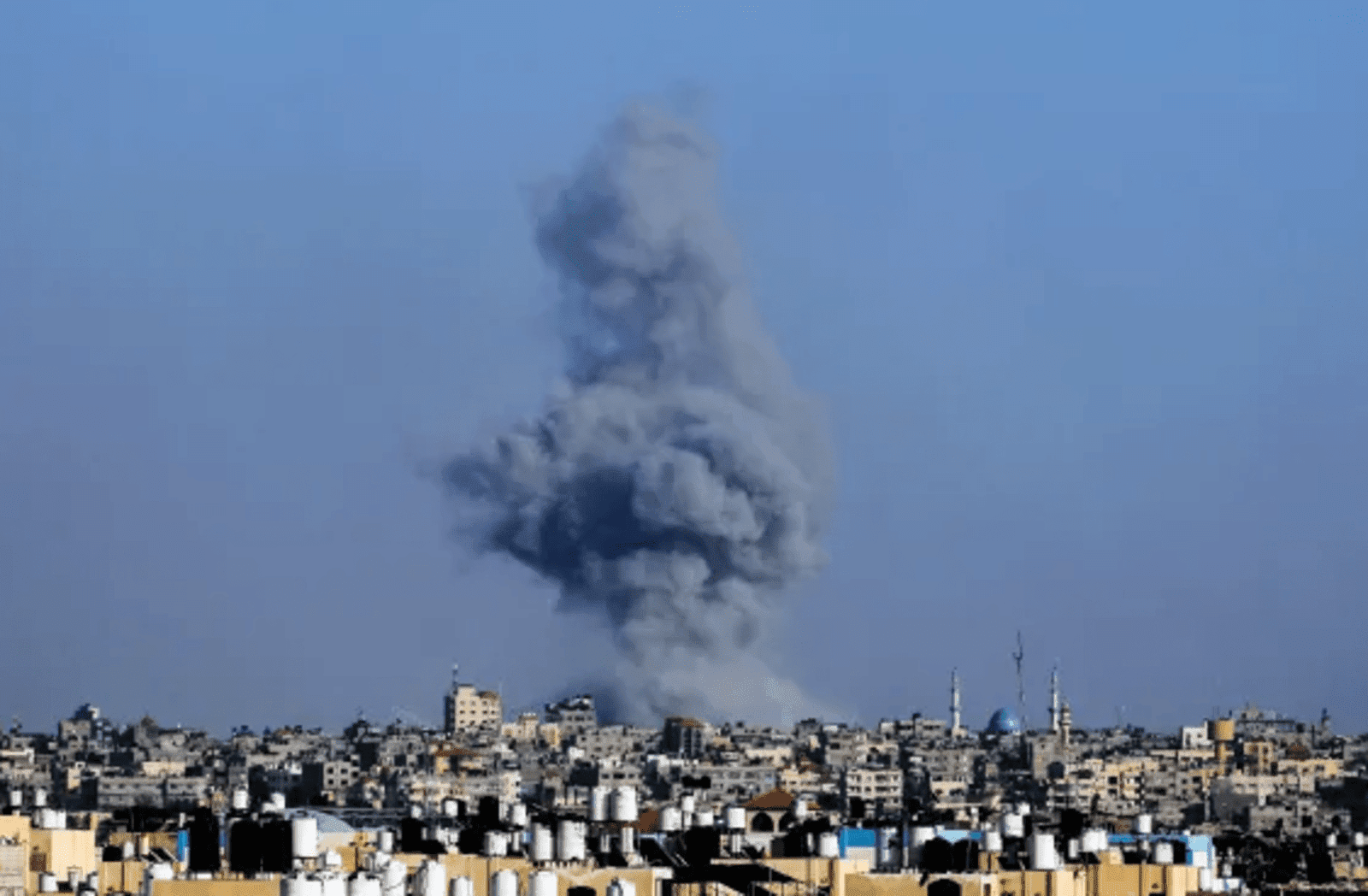
Rafah Devastation: Israeli Strikes Leave Many Dead. Israeli Strikes on Rafah Safe Zone Kill at Least 35, Gazan Officials Say
Recent Israeli airstrikes targeted the Rafah safe zone. Gazan officials report at least 35 fatalities. Rafah Devastation: Israeli Strikes Leave Many Dead
The Incident
The strikes occurred early in the morning. Airstrikes pounded residential areas, damaging several buildings and catching residents off guard. The designated safe zone once believed to be secure, was no longer a haven.

Casualties
The death toll is significant. At least 35 individuals lost their lives. Many others sustained injuries. Some victims were children. Families are devastated.
Immediate Response
Emergency services rushed to the scene. Rescuers searched for survivors. Emergency services rushed the injured to hospitals, overwhelming medical facilities with a surge of patients. Volunteers are providing support.
Official Statements
Gazan authorities condemned the attack. They call it a violation of international law. Officials are demanding accountability.
Eyewitness Accounts
Survivors shared harrowing tales. Explosions were sudden and intense. Panic spread quickly. People fled their homes. Many sought shelter in nearby buildings.
Humanitarian Impact
The strikes have worsened the humanitarian crisis. The strikes forced many residents from their homes. Basic necessities are in short supply. Aid organizations are struggling to respond.
International Reactions
Global reactions have been mixed. Some nations are condemning the strikes. Others are calling for restraint on both sides. Diplomatic efforts are underway.
Historical Context
The conflict between Israel and Gaza is longstanding. Tensions have been high for years. Periodic escalations occur. Peace efforts have repeatedly failed.
Calls for Ceasefire
There are renewed calls for a ceasefire. Leaders from various countries are involved. Negotiations are proving difficult. Trust between parties is low.
Media Coverage
The incident has garnered extensive media attention. Reports are highlighting the human cost. Graphic images are circulating. Public opinion is divided.
Analysis of the Strike
Military experts analyze the strike. They question the choice of target. Some argue it was a strategic move. Others see it as a breach of ethics.
Social Media Reactions
Social media platforms are abuzz. Hashtags related to the incident are trending. Opinions vary widely. Activists are rallying support for the victims.
Refugee Situation
The strikes have added to the refugee crisis. Many families have nowhere to go. Temporary shelters are overcrowded. International aid is crucial.
Economic Impact
The local economy is suffering. Businesses are destroyed. Employment opportunities are scarce. The long-term economic outlook is bleak.
Psychological Impact
The psychological toll is immense. The trauma affects survivors. The strikes particularly traumatize children.
Political Ramifications
The strikes have political implications. Regional alliances are being tested. Domestic policies are under scrutiny. Future diplomatic relations are uncertain.
Efforts to Rebuild
Reconstruction efforts will be needed. Funding and resources are required. The process will be lengthy and complex. Community resilience is key.
Long-term Prospects
The future remains uncertain. The cycle of violence is hard to break. Sustainable peace solutions are needed. Hope persists among some communities.
Conclusion
The Israeli strikes on Rafah have caused significant loss of life. The humanitarian impact is severe. Efforts for peace must be intensified.
The Incident: A Closer Look
The airstrikes targeted densely populated areas. The timing was unexpected. Many were asleep when the bombs fell. The strikes did not spare the Rafah safe zone.
The Scale of Destruction
Buildings crumbled under the impact. Homes turned into rubble. The infrastructure took a heavy hit.
Immediate Chaos
The immediate aftermath was chaotic. Dust and smoke filled the air. People screamed and cried and scrambled to find loved ones.
Rescue Operations
Rescue teams worked tirelessly. The search for survivors was relentless. Every minute counted. Rescue workers pulled some out alive, but others weren’t so fortunate.
Health Sector Strain
Hospitals are operating beyond capacity. Medical supplies are running low. Doctors and nurses are working round the clock. The situation is dire.
International Law Concerns
Experts are debating the legality of the strikes. International humanitarian law is cited. Violations could lead to repercussions.
Eyewitness Narratives
Eyewitnesses provide vivid accounts. They describe the horror of the strikes. Personal stories highlight the human suffering. These narratives are powerful and emotional.
The Broader Humanitarian Crisis
The region was already in crisis. The strikes have exacerbated the situation. Food, water, and medical aid are critically needed. International agencies are mobilizing.
Diplomatic Efforts Intensify
Diplomatic channels are active. Envoys are shuttling between capitals. The goal is to de-escalate the situation. Ceasefire negotiations are complex and fragile.
Social Media Mobilization
Social media is playing a key role. Activists are sharing real-time updates. Fundraising campaigns are launched, and awareness spreads rapidly
Refugee Shelters Overwhelmed
Refugee camps are overflowing. Conditions are deteriorating. The need for temporary housing is urgent. The international community is coordinating the delivery of aid.
Economic Fallout
The local economy faces collapse. Disasters destroy livelihoods, particularly impacting small businesses. Recovery will be slow and arduous.
Psychological Trauma
The psychological scars are deep. Many suffer from PTSD. Children are having nightmares. Counseling services are in short supply.
Political Shifts
Political landscapes are shifting. Crises are testing alliances. Leaders are making strategic decisions. The impact on future policies is significant.
Community Resilience
Despite the destruction, community resilience shines. People are coming together. Support networks are forming. The spirit of solidarity is strong.
The Path to Rebuilding
Rebuilding will require massive efforts. We must restore infrastructure and rebuild homes. The process is daunting but necessary.
Looking Ahead
Long-term solutions are needed. Peace must be pursued with vigor. The cycle of violence must end.







